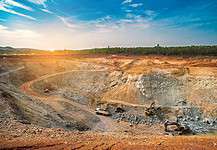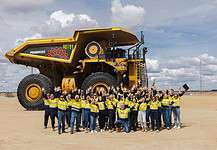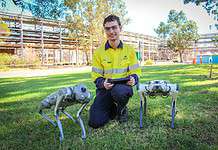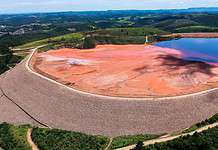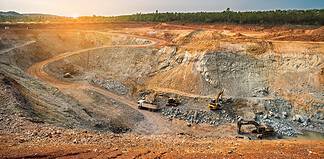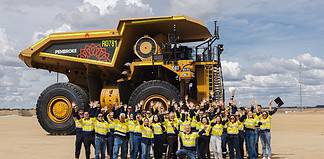MINING in space could be within grasp after Washington-based Planetary Resources outlined plans on April 24 for the mining of Near Earth Asteroids (NEAs).
Boasting a ‘who’s who’ of investors and technical advisors – including Google chief executive Larry Page and filmmaker James Cameron – the well-funded explorer is looking to tap into the high
concentrations of precious metals and water found on asteroids.
“Many of the scare metals and minerals on Earth are in near-infinite quantities in space,” Planetary Resources co-founder Peter Diamandis said.
“As access to these materials increases, not only will the cost of everything from microelectronics to energy storage be reduced, but new applications for these abundant elements will result in
important and novel applications.” Planetary Resources has reported that water-rich asteroids could serve as ‘stepping stones’ for deep space exploration by making space travel more economical.
“In addition to supporting life, water will also be separated into oxygen and hydrogen for breathable air and rocket propellant,” the company stated. Although reaching the closest NEAs will only utilise the same energy required to reach the moon – mostly due to their low gravitational pull – a more immediate challenge for Planetary Resources will be to scan for possible mining targets
using its deep-space prospecting craft, the Arkyd-100.
The company said the Arkyd-100 craft would be used in low-earth orbit to help prioritise a number of NEA targets, and for consequent Arkyd-300 NEA ‘swarm expeditions’.
“They are developing cost-effective, production-line spacecraft that will visit near-Earth asteroids in rapid succession, increasing our scientific knowledge of these bodies and enabling the economic development of the resources they contain,” Planetary Resources advisor and veteran NASA astronaut Tom Jones said. Much of the technology needed to make the company’s enterprise successful has yet to be developed, but Planetary Resources has reported that it plans to launch the first Arkyd-100 within the next two years.
By Reuben Adams


